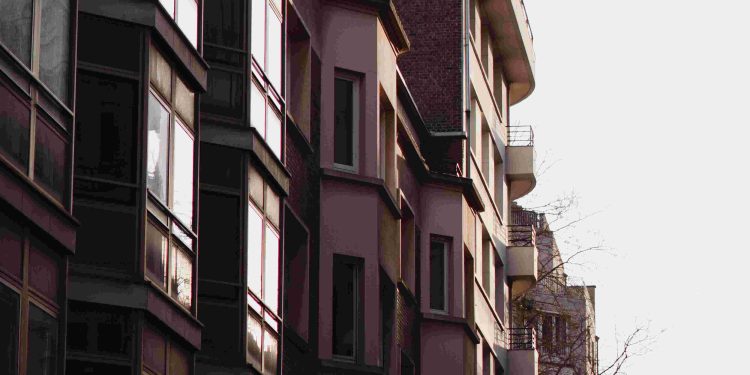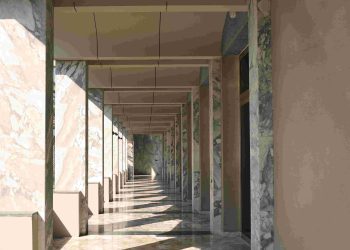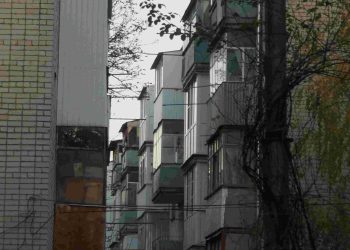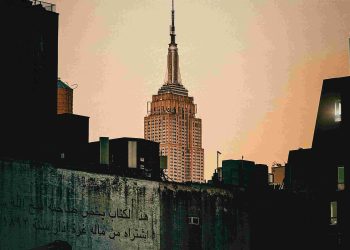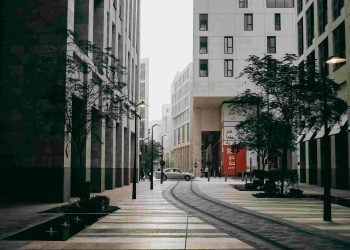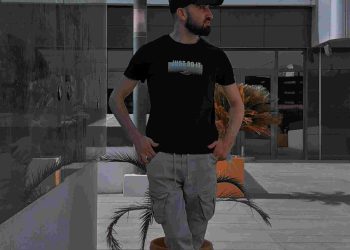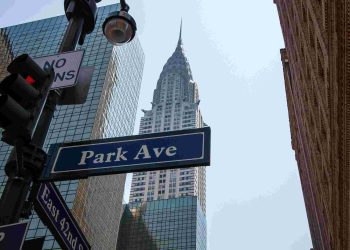Modern Urban Lifestyle Dynamics

We live in a world where speed and innovation define the contours of our daily lives. Yet, in the midst of skyscrapers, screen lights, and endless Zoom calls, one question quietly lingers: Are we truly thriving, or just surviving?
The urban lifestyle, with all its promises, paints a paradoxical portrait—one of both unprecedented opportunities and underlying tensions.
The Personal Connection: A Fragment of Metro Living
Years ago, amidst the cacophony of a bustling metropolis, I found myself overwhelmed by the pace of my professional life. I was chasing deadlines, glued to screens, and perpetually fatigued. It was only during a rare pause—a solitary walk in a nearby park—that I realized how disconnected I had become from the very essence of ‘living.’ Yet, this experience is far from unique; millions face the same challenges, caught in the rapid currents of urban existence.
From this individual realization, questions quickly emerged that pointed toward the larger implications of modern urbanization. How did we arrive at a place where productivity is worshipped, but fulfillment barely acknowledged?
Challenging Traditional Beliefs: Productivity vs. Meaning
The mainstream narrative glorifies hard work and hyper-productivity as the ultimate goals. The mantra “time is money” reverberates through corporate halls, and smartphones remind us of tasks left undone. But is this relentless chase the best way to live? Danish philosopher Søren Kierkegaard once said, “Life can only be understood backwards; but it must be lived forwards.” In today’s tech-driven era, we overlook understanding and reflection in the pursuit of transient goals.
It’s time to challenge the norms of success and redefine them not as measurable productivity but as a harmonious blend of purpose, mental health, and adaptive growth.
Cross-Disciplinary Insight: Psychology, Technology, and Philosophy
Combining psychology and technology reveals fascinating patterns. For instance, studies in behavioral science show urban dwellers experience higher stress levels due to sensory overload and loneliness. Meanwhile, advancements in artificial intelligence promise reduced workloads, yet they risk exacerbating human disconnection if deployed without emotional contexts.
Philosophically, urban living mirrors Heidegger’s concept of “enframing,” where technological dominion obscures authentic living. In cities, we often reduce ourselves to cogs in larger societal systems, forgetting holistic growth.
The Future of Work, Society, and Technology
What lies ahead for modern urbanites? Consider the rise of remote work and decentralized systems. The gig economy will likely evolve further, but its sustainability depends on ethical structures safeguarding worker rights. Technologies such as blockchain might decentralize power, yet their democratic potential remains unrealized.
On a societal scale, ‘smart cities’ powered by AI promise greater efficiency—but they must also prioritize human values over economic metrics. Balancing innovation with well-being will become a critical success factor for cities nurturing their citizens.
Practical Steps Toward Thriving in Urban Spaces
- Carve out non-negotiable time for personal reflection and hobbies—even if it’s just 15 minutes daily.
- Engage with nature. Walks in green spaces can counterbalance overstimulation and improve mental clarity.
- Explore philosophical frameworks like Stoicism to build resilience against societal pressures.
- Invest in lifelong learning, whether through skill-development courses or reading diverse subjects.
- Push for policies within your workplace and community that better align with human-centric living.
The goal is not perfection but incremental improvement—step-by-step actions that cultivate a meaningful, balanced life.
Hidden Metaphors: Urban Cities as Ecosystems
Think of a city as a forest ecosystem—both thrive on interdependence and adaptability. Just as trees exchange nutrients underground, humans create invisible networks through collaboration and empathy. A bustling metropolis, therefore, becomes less a place of chaos and more of synchronized organic growth, provided its foundation prioritizes coexistence over competition.
Encouraging Action and Thought
Every reader has the capacity to drive change, both within themselves and in their communities. Time dedicated to questioning prevailing lifestyles is never wasted. It’s crucial to challenge unchecked conformity, continuously educate yourself, and adopt new habits that align with richer living.
The rhythm of urban life will always pulse forward, but by consciously shaping our individual narratives, we create ripples that redefine society at large. Begin today—one thought, one action, one moment at a time.

